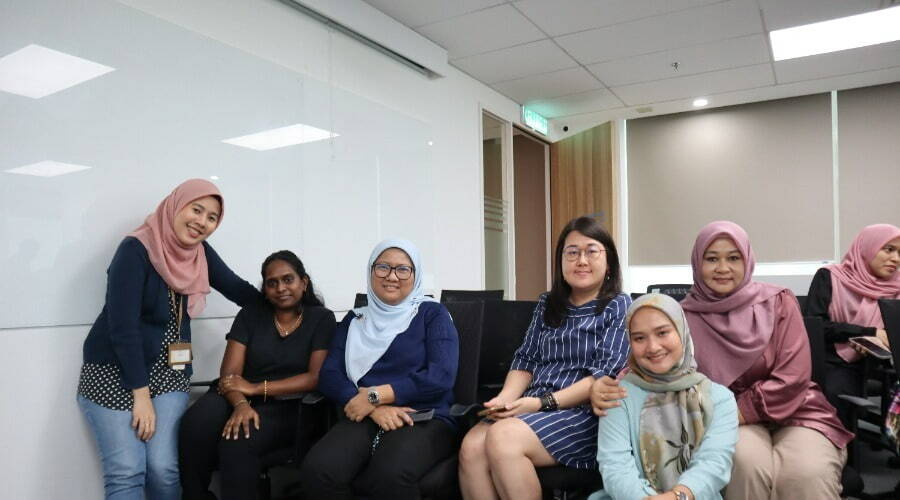Combating Unconscious Bias in the Malaysian Workplace
What is Unconscious Bias?
Quick judgments or decisions about people based on stereotypes or past experiences, without even realizing it. It's like having a "mental shortcut" that our brain takes, leading us to favor or avoid certain people based on things like their race, gender, age, or background.
Biases in the workplace, particularly in a multicultural country like Malaysia, can significantly affect employees and the success of an organization. When biases such as gender, racial, generational, or other forms of discrimination go unchecked, the impacts are profound, affecting not only individual employees but also the broader company culture and productivity. Here’s a deeper look at how these biases manifest and their consequences:
Decreased Job Satisfaction and Morale
When employees experience bias—whether it's unconscious or overt—they often feel undervalued and marginalized, which directly impacts job satisfaction. In Malaysia, where gender bias and racial bias remain issues in some industries, employees from underrepresented groups might feel excluded from decision-making processes or overlooked for promotions and key assignments.
For instance, racial bias may manifest when Malay, Chinese, Indian, or other ethnic minorities feel they are unfairly treated in predominantly homogeneous workplaces. This might involve being passed over for job roles or not being heard during team discussions. Similarly, gender bias can see women being sidelined in leadership roles, especially in male-dominated industries. The cumulative effect of these experiences can demoralize employees, making them less engaged and more likely to seek employment elsewhere.
Limited Career Advancement
Biases in recruitment, promotions, and workplace interactions create barriers to career advancement for many employees. In Malaysia, gender bias can hinder women from advancing into senior leadership positions, with societal assumptions that men are better suited for such roles. Similarly, generational bias affects both younger and older employees—where younger employees may be perceived as inexperienced or job-hoppers, while older workers might be seen as out-of-touch with new technology or resistant to change.
This limitation stifles talent, causing employees to miss out on career growth and leadership opportunities. For instance, a woman might not be promoted despite her qualifications due to an unspoken bias that she may be incapable of balancing work and family responsibilities. This bias isn't just a setback for the individual but also a loss for the organization, which misses out on diverse leadership perspectives.
Negative Impact on Company Culture
Workplace bias can erode the culture of inclusivity, leading to a toxic work environment where certain groups of employees feel excluded, unwelcome, or marginalized. In Malaysia, where the workforce is highly diverse, racial and religious biases can emerge in everyday interactions, from casual conversations to decision-making at the managerial level. This can foster divisions between ethnic groups, creating cliques or fostering a sense of "us vs. them" within the company.
For example, job candidates from marginalized groups may avoid applying to companies known for biased practices, limiting the talent pool. In addition, it may result in higher costs for companies as they try to rebuild their reputation and address internal conflicts caused by biased workplace behavior.
In Malaysia, biases based on gender, race, and generation continue to present significant challenges to creating truly inclusive workplaces. These biases negatively affect employees' job satisfaction, career growth, and the overall workplace culture. For companies, it is essential to address these biases through policies, training, and awareness programs. Malaysian companies can foster a positive culture that drives innovation, loyalty, and long-term success by creating an environment where everyone feels valued and included.
